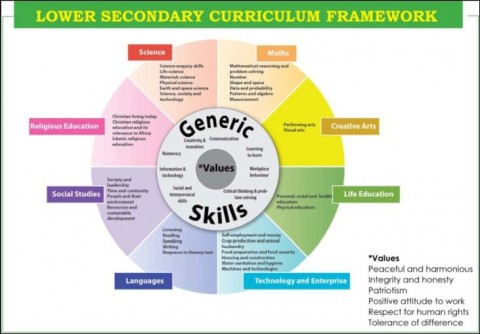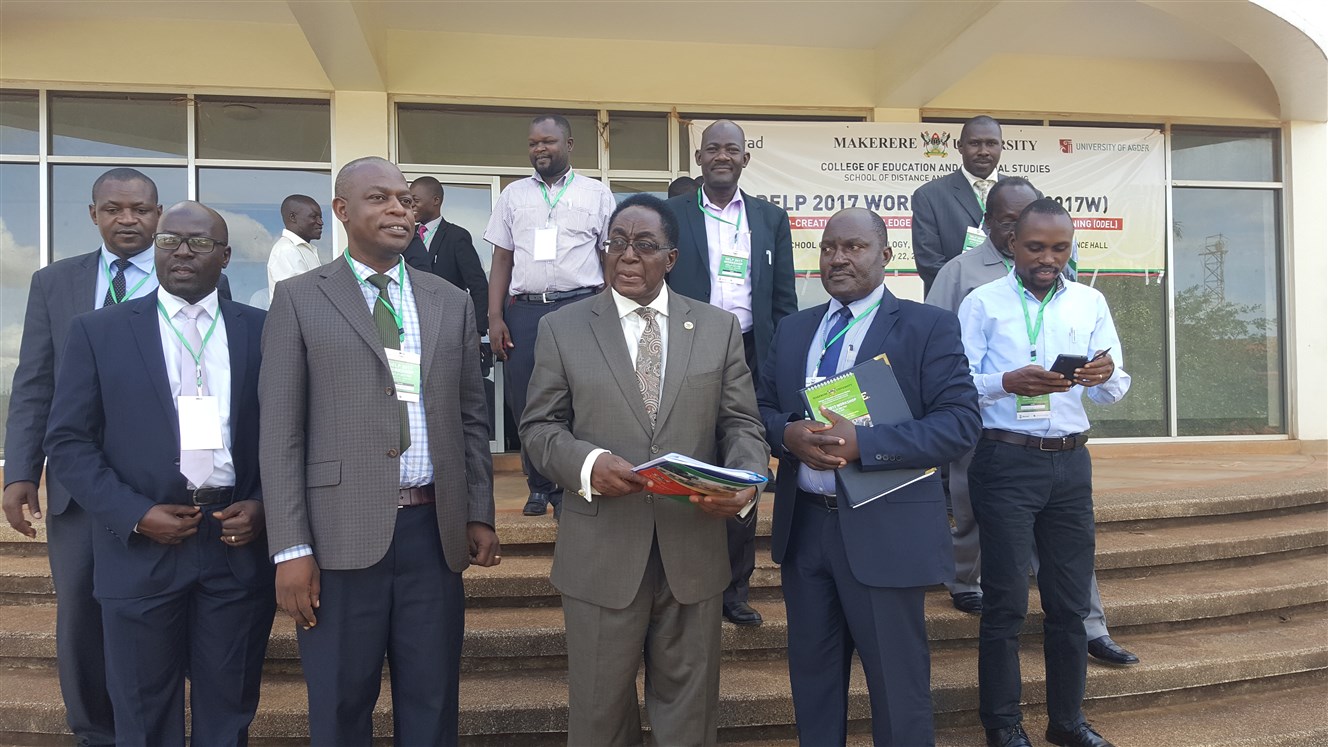Staff of the College of Education and External Studies are concerned that National Curriculum Development Centre’s (NCDC) proposed lower secondary curriculum’s content and approach is too broad and not adequately indigenous.
This was during the curriculum sensitization session at the College in May this year. The curriculum, also known as the Lower Secondary Curriculum Assessment and Exam Reform (CURASSE), is set to replace the current curriculum.
Dr Henry Busulwa, Ag. Dean School of Education was critical of the current curriculum. “The content and approach of teaching the current curriculum has been the main problem. I suggest that at least 70% of the new curriculum’s content should be local, he said. Dr Busulwa also noted that the strands in the thematic areas were many and would pose problems in scaling content into a 40 minute lesson.
According to Christopher Muganga, Creative Arts Specialist, “the curriculum has been fined tuned to match international standards due to globalization and also to create senior four graduates that are self sustaining and can seek self employment.” He informed participants that the implementation of the reform had been postponed from 2015 to a later date due to pending work issues.
Eight learning areas are proposed in the curriculum reform. These are; Science, Mathematics, Life Education, Creative Arts, Technology and Enterprise, Languages, Social Studies and Religious Education with mostly content relevant to personal and national development. In languages, English and Kiswahili will be compulsory.
The proposed curriculum comprises of generic skills such as communication, critical thinking and problem solving and workplace behaviour. At the centre of the curriculum are values which include peaceful and harmonious, integrity and honesty, patriotism, positive attitude towards work, respect for human rights and tolerance of difference.
Retooling of teachers and teacher trainers with new textbooks, new content and also new assessment methods, where grades are cumulative, as opposed to summative, are some of the changes that the reform proposes. Learners will be formally assessed at the end of Senior 4 as has been the norm but it is proposed that results of these assessment will lead to the award of a new type of qualification, the Uganda Certificate of Lower Secondary Education.
The Chair Department of Foundations and Curriculum Studies, Dr Christopher Mugimu, noted that people who set exams were not enabling interactive learning and called for the restructuring of examining bodies. NCDC agreed with this observation and said it was working closely with the Uganda National Examinations Board to restructure the assessment processes.
Life Education curriculum specialist Erina Balungi informed participants that the curriculum was being piloted in a few rural, double session and mixed schools. This will assess the performance of the curriculum before it is rolled out countrywide.
The session concluded with CEES staff requesting for more consultative meetings with NCDC before the curriculum is rolled out in order to effectively plan the reform.
By Sheila Mwebaze Tindi





